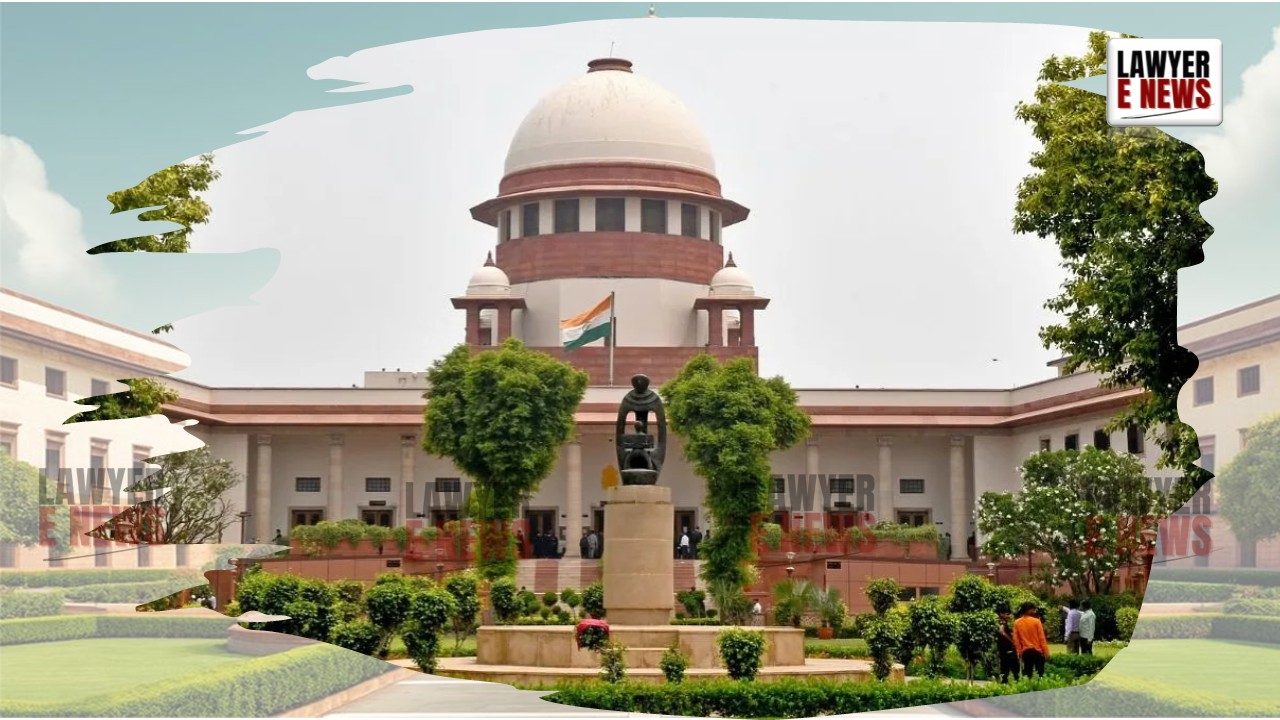-
by sayum
14 February 2026 2:22 PM



Supreme Court of India quashing an FIR registered against a foreign national accused of fraud and conspiracy in connection with non-payment of dues in a subcontracted project. The Court held that the allegations were vague, lacked prima facie evidence, and constituted an abuse of the legal process.
The appellant, Kim Wansoo, was the Project Manager of Hyundai Engineering & Construction India LLP (HEC India LLP) and a foreign national. The case arose from allegations by R.T. Construction, a subcontractor entity, that another subcontractor, YSSS India Construction (YSSS), defaulted on payments of approximately ₹9 crore for labor services. The FIR implicated Wansoo and other parties under Sections 406, 420, 323, 504, 506, and 120-B of the IPC, alleging criminal conspiracy and fraud.
The appellant sought to quash the FIR, arguing that there were no specific allegations or direct involvement in the dispute. The Allahabad High Court refused to quash the FIR but granted the appellant protection from arrest, prompting the appeal to the Supreme Court.
The Supreme Court examined the FIR and concluded that it lacked specific allegations against the appellant. The allegations pertained primarily to the actions of YSSS and other entities, with no evidence directly linking the appellant to the alleged fraud or conspiracy.
The Court noted: "The allegations in the FIR are vague and devoid of material evidence. Asking the appellant to stand trial in such circumstances amounts to abuse of the legal process."
The Court relied on precedents, including State of Haryana v. Bhajan Lal and Pepsi Foods Ltd. v. Special Judicial Magistrate, which outline the grounds for quashing FIRs. The principles include:
FIRs can be quashed if the allegations do not disclose a prima facie offence.
Vague or absurd allegations unsupported by evidence cannot sustain criminal proceedings.
Courts have a duty to prevent abuse of the judicial process and secure justice.
The Court further cited Mohammad Wajid v. State of U.P., emphasizing that judicial scrutiny must consider the overall circumstances and evidence, not just the text of the FIR.
The Supreme Court quashed FIR No. 64/2020 and all related proceedings, setting aside the High Court’s refusal to quash the FIR. The Court observed:
"The continuation of proceedings based on vague and unsupported allegations would lead to a miscarriage of justice."
The appeal was allowed, and the pending applications were disposed of accordingly.
This judgment underscores the importance of prima facie evidence in sustaining criminal proceedings. The Court reaffirmed that vague allegations cannot justify prolonged legal action, especially against foreign nationals or individuals with no direct involvement in the alleged crime.
Date of Decision: January 2, 2025
